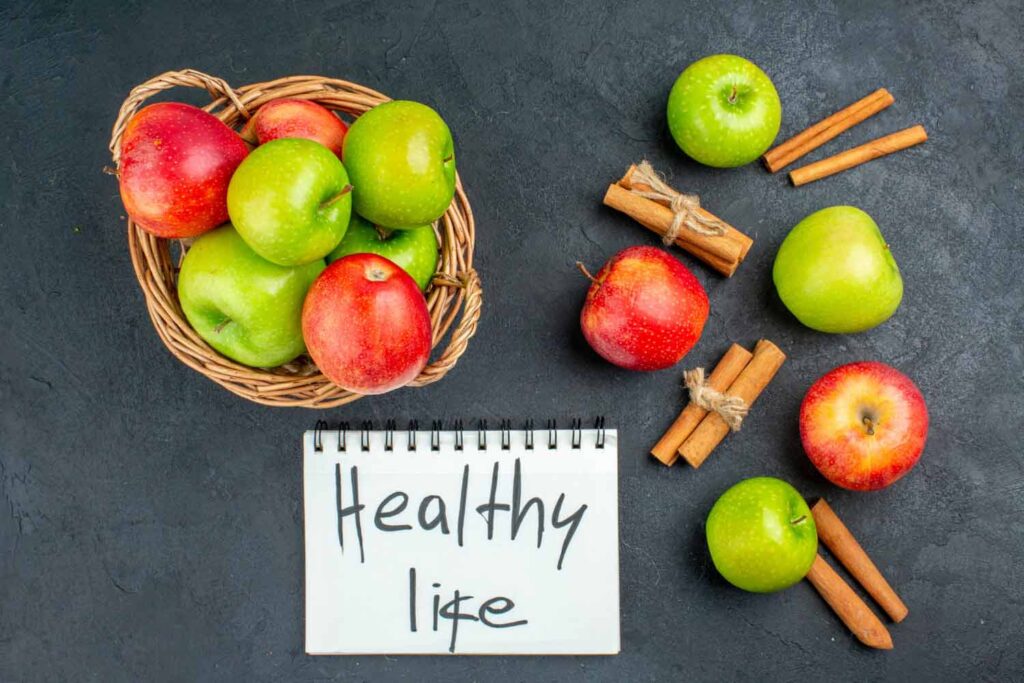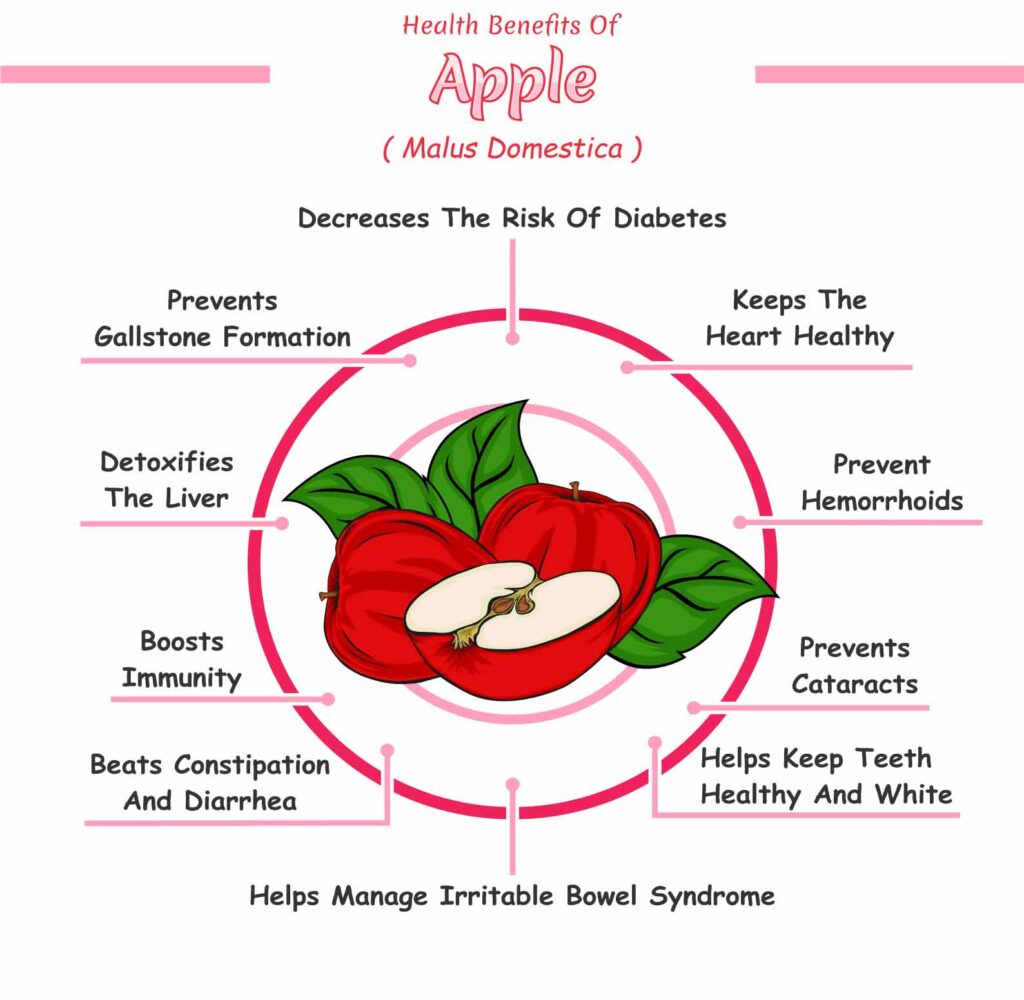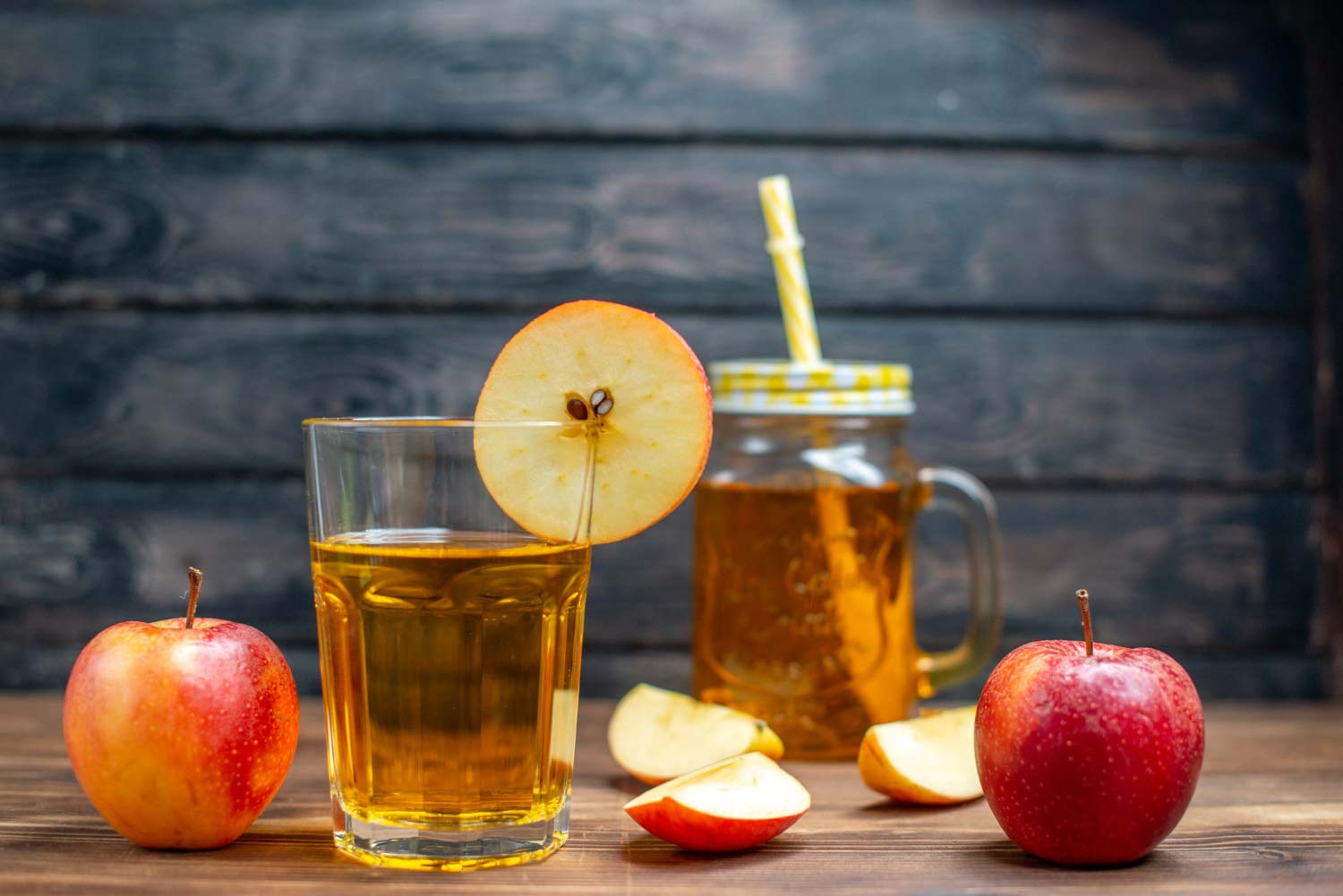Introduction
People of all ages enjoy apple juice, making it a popular drink. But is apple juice good for you? This blog dives into the benefits, potential downsides, and tips to help you make the most informed decision about incorporating apple juice into your diet. Whether you’re curious about its nutritional value or its effects on health, we’ve got you covered.
Table of Contents
Nutritional Value of Apple Juice

Apple juice is a good source of hydration and provides essential nutrients like vitamins and minerals. Here’s a breakdown of what you’re drinking:
– Calories: A typical 8-ounce glass contains about 120 calories.
– Vitamin C: Boosts immunity and acts as an antioxidant.
– Potassium: Supports heart health and muscle function.
– Carbohydrates and Natural Sugars: Provide a quick energy boost.
However, apple juice lacks dietary fiber found in whole apples, which plays a key role in digestion and blood sugar control.
Benefits of Drinking Apple Juice

Apple juice can be a healthy addition to your diet when consumed in moderation. Here are some of its key benefits:
1. Rich in Antioxidants: Apple juice contains polyphenols, which help fight free radicals in the body and reduce inflammation, according to research conducted on antioxidant properties of fruits.
2. Promotes Hydration: Its high water content makes it a great option for staying hydrated, especially for children and the elderly.
3. Supports Heart Health: Potassium in apple juice helps regulate blood pressure and maintain heart health.
4. May Boost Immunity: Vitamin C boosts your immune system and protects you against illnesses, as confirmed by studies published in reputable health journals such as the National Institutes of Health (NIH).
Potential Downsides of Apple Juice
While apple juice has many benefits, it’s important to be aware of its drawbacks:
1. High Sugar Content: Added sugars in store-bought apple juice can lead to weight gain, cavities, and blood sugar spikes.
2. Lack of Fiber: Processing removes the fiber from apple juice, which is essential for healthy digestion and maintaining steady blood sugar levels.
3. Calories Without Satiety: Liquid calories from apple juice might not keep you full, potentially leading to overeating.
4. Potential for Additives: Manufacturers often add preservatives and artificial flavors to processed apple juices, which may not be healthy.
Who Should and Shouldn’t Drink Apple Juice?
Suitable For:
– Children: A small glass can be a refreshing and nutrient-rich option.
– Active Individuals: Great for a quick energy boost.
– People with Difficulty Chewing: Easier to consume than whole apples.
Not Ideal For:
– Diabetics: Due to its high glycemic index, apple juice can cause blood sugar spikes.
– Weight Watchers: High sugar and calorie content can hinder weight management.
– Individuals Sensitive to Acidic Foods: Apple juice’s acidity might cause discomfort.
Tips for Healthy Apple Juice Consumption

To maximize the benefits and minimize the risks, follow these tips:
1. Choose Fresh or Organic Apple Juice: Opt for cold-pressed or organic varieties without added sugars or preservatives.
2. Dilute It: Mixing apple juice with water can reduce sugar intake while keeping you hydrated.
3. Moderation Is Key: Limit consumption to 1 cup (8 ounces) per day to avoid excessive sugar and calorie intake.
4. Pair It with Fiber: Pair apple juice with a high-fiber snack like nuts or whole-grain crackers to balance blood sugar levels.
Frequently Asked Questions (FAQs)
Is apple juice good for weight loss?
Apple juice can be part of a weight loss plan if consumed in moderation. However, its high sugar content and lack of fiber make whole apples a better choice for weight management.
Can diabetics drink apple juice?
Diabetics should limit apple juice consumption due to its high glycemic index, which can cause blood sugar spikes. Opting for diluted juice or eating whole apples is a better alternative.
Is fresh apple juice healthier than processed juice?
Yes, fresh apple juice is healthier as it’s free from added sugars, preservatives, and artificial flavors. It also retains more natural nutrients.
How much apple juice is safe to drink daily?
It’s best to limit apple juice consumption to 1 cup (8 ounces) per day to avoid excessive sugar intake.
Does apple juice have side effects?
In large amounts, apple juice can cause digestive issues, weight gain, or blood sugar spikes due to its high sugar content.
Conclusion
Apple juice can be a healthy and refreshing drink when consumed mindfully. It’s rich in hydration and essential nutrients, but its high sugar content and lack of fiber mean moderation is key. To enjoy the benefits while minimizing risks, choose fresh or organic juice, dilute it, and pair it with fiber-rich foods.
If you’re looking for a convenient way to enjoy the goodness of apples, apple juice can be a part of a balanced diet. Just remember: whole fruits are always the superior choice!
Note: This article has been reviewed and compiled based on reliable health sources and practical expertise in nutrition. For further insights, refer to studies published by reputable organizations like the NIH or Mayo Clinic.

